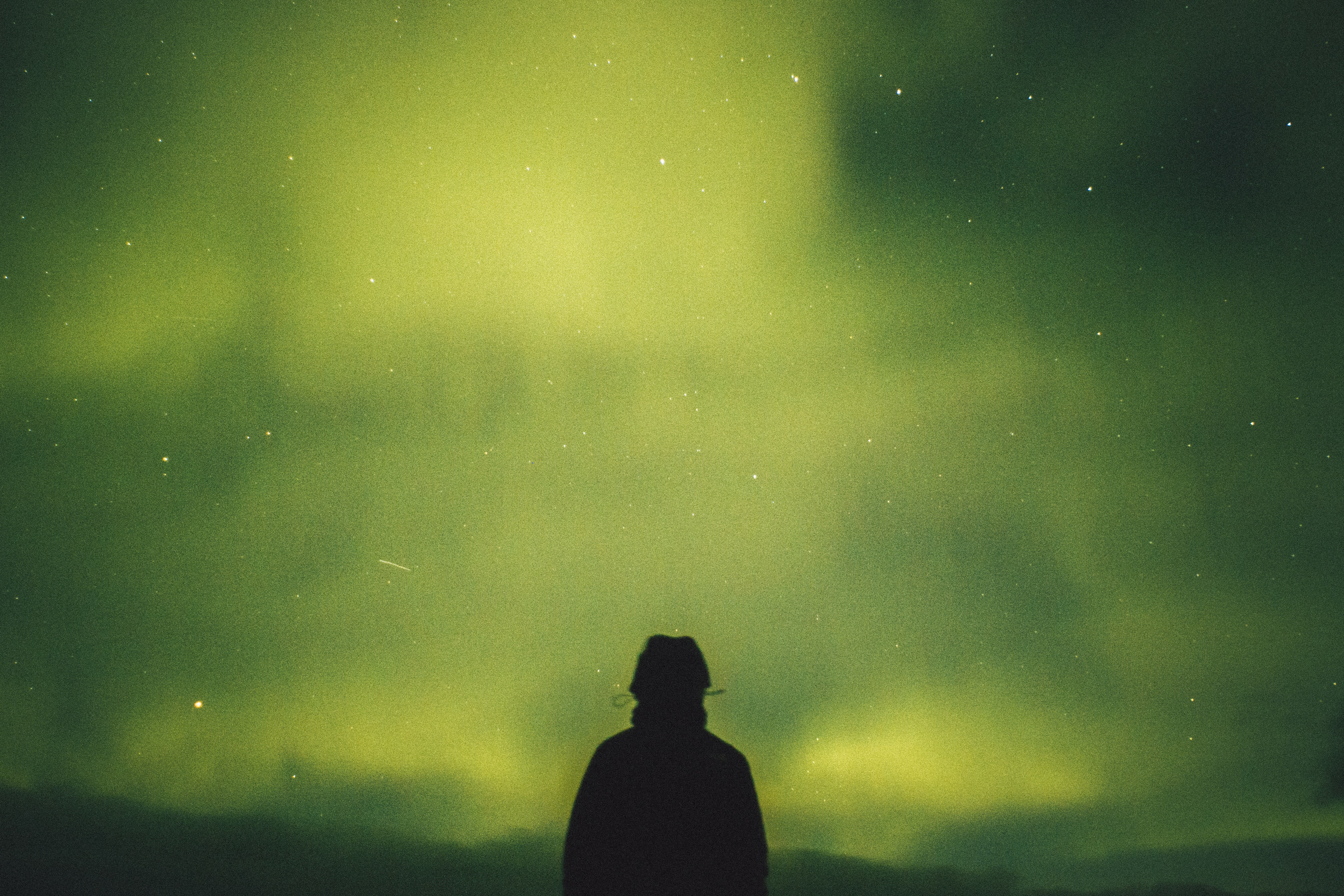 Despite some detrimental impact on vulnerable individuals, a recent survey did not find a large increase in loneliness as a result COVID-19. Instead, they found remarkable resilience in response to it. Some participants perceived more social and emotional support during the pandemic.
Despite some detrimental impact on vulnerable individuals, a recent survey did not find a large increase in loneliness as a result COVID-19. Instead, they found remarkable resilience in response to it. Some participants perceived more social and emotional support during the pandemic.
Tasha Seiter, MS, AMFT and PhD candidate, believes people may perceive more emotional and social support at this time because they’re quicker to open up and have intimate conversations. “Usually, people are hesitant to disclose personal problems,” said Seiter, “but because a huge part of the world is in crisis now, we know that our fears are relatable and we can share them freely. Some of my clients are getting so much social support around their reactions to the pandemic that they no longer need therapy.”
The resilience could be because people recognize they are experiencing this pandemic with others; their experience is not unique. Psychiatry resident Patricia Celan, MD notes that “large-scale experiences of adversity have a way of uniting people against a common enemy.”
Therapist Eric Patterson, LPC concurs: “Since COVID has the uncanny ability to level the playing field for all people, everyone feels like their situation is similar to others. Everyone is dealing with a certain level of fear, discomfort, and uncertainty. These feelings are uncomfortable, but there is comfort in knowing you are not alone.”
As the pandemic continued, more people turned to online tools to stay connected. Dr. Brian Wind, Chief Clinical Officer JourneyPure, believes “stay-at-home orders may not have led to a significant increase in loneliness because of online video conferencing tools that enable people to interact socially. There has also been a lot of media coverage about ways for people to stay connected, such as through games and social distancing activities, so we continue to stay positive and get ideas about new activities to try with our friends and family.”
Dr. Benson Munyan, director of Neurocove Behavioral Health concurs with Wind. “The nature of our ever-connected world and the variety of tools available for staying in touch has finally saturated our awareness, and as a result, many have made conscious decisions to intentionally stay in contact with those closest to them.”
But whether people are becoming more resilient during the pandemic may depend on age. Steve Stratz with Relevanz Public Relations referenced his work with The Senior List. He noted a study by Amie Clark which asked more than 2,000 seniors how they are coping in today's new normal since March. He told Theravive, “Nearly six months after social distancing from COVID-19, 40 percent of them report feeling more lonely, contrary to what is in the above study.”
Other vulnerable groups, such as recovering addicts, have also experienced an increase in loneliness because they need continual community support to stay in recovery. Wind notes, “They are also staying away from people and things associated with their past addiction and surrounding themselves with positive influences. These vulnerable groups are people we need to keep reaching out to and provide social support.” And there are still groups without access to the internet or smartphones. Benson noted those clients “have been left with a much smaller arsenal of tools at their disposal to combat isolation.”
The new normal resulting from the pandemic has inspired some to look outward for new activities and intentionally seek out other people which builds resilience. Author Girish Shukla sees people rekindling relationships with loved ones, going back to past hobbies and passions, joining communities, and working on bettering themselves. Shukla said “the pandemic has made many people realize the strength of human support. They started online support groups and campaigns to raise funds for people who are less fortunate than they are. There is an increased appreciation for essential workers. People have realized that in the end, all that matters is the love and support around you.”
As the pandemic continues, Munyan says, “Being proactive, particularly when dealing with mental health concerns, is very protective.” But we cannot forget people who are not in a position to reach out. Psychologist Carla Marie Manly, PhD, agrees that while people are being remarkably resilient, this is different from not feeling lonely or isolated. She notes, “For those who have family, those who live in areas that are more lax regarding social distancing, and those who can connect via technology, there may have been a certain stabilization for some, but, from what I have seen, this is not the case for those who live alone.”
Tina Arnoldi, MA is a marketing consultant and freelance writer in Charleston SC. Learn more about her and connect at TinaArnoldi.com